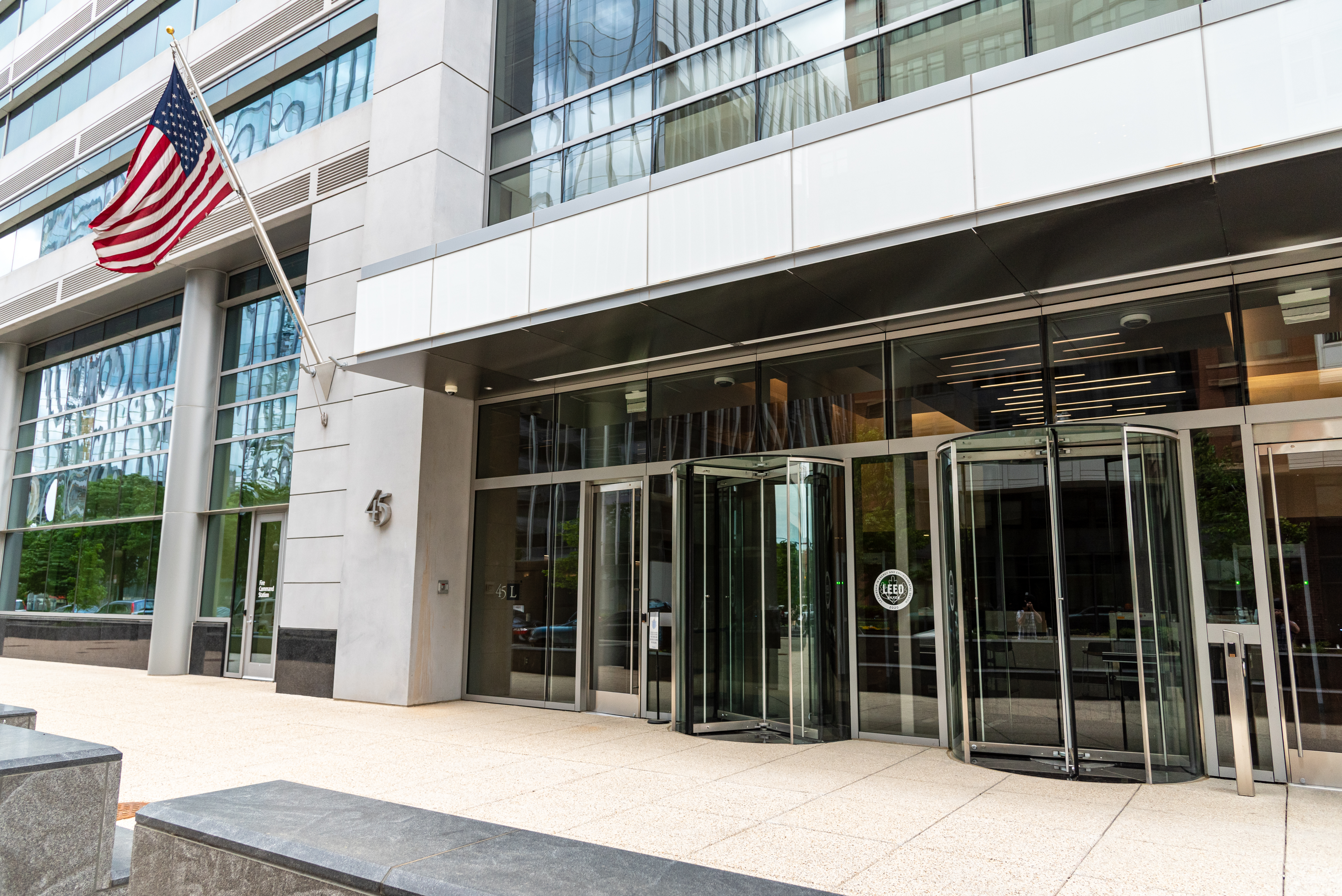Writers Strike Officially Ends
New contract adds new residuals, sets new AI rules

The writers strike that began in early May has officially ended, with members of WGA’s boards on the east and west coasts unanimously voting to end the strike on Tuesday after it announced Sunday night that it had reached a tentative agreement with the Alliance of Motion Picture and Television Producers.
Although writers are expected to return to work today, the end of the walkout doesn’t impact the simultaneous strike by actors represented by SAF-AFTRA, which began walking the picket lines in July. In addition, the union’s full membership still needs to vote on the deal, which will take place in October.
According to the deal, which was made public on Tuesday, residual payments of streaming content viewed outside the U.S. would rise 76% and for the first time, writers will receive bonuses based on a streaming services percentage of active subscribers.
In terms of minimum staffing, the agreement stipulates that a minimum of three writer-producers must be hired for writers rooms on first season shows that run 20 weeks or longer.
There are also new rules for what was perhaps the most contentious issue of AI, which writers fear could dilute or eliminate future jobs. According to the agreement, studios will not be able to rewrite original material using A.I. tools, but writers will be able to use AI to help in their job if the studios allow it; however studios will not be able to force writers to use it. Studios will also be required to notify writers if any content they receive is fully or partially generated by AI.
According to the WGA, the tentative agreement includes enhancements worth an estimated $233 million annually. At the initial bargaining phase, WGA had proposed $429 million in enhancements, while studios countered with $86 million, the guild said.
Get the TV Tech Newsletter
The professional video industry's #1 source for news, trends and product and tech information. Sign up below.
Tom has covered the broadcast technology market for the past 25 years, including three years handling member communications for the National Association of Broadcasters followed by a year as editor of Video Technology News and DTV Business executive newsletters for Phillips Publishing. In 1999 he launched digitalbroadcasting.com for internet B2B portal Verticalnet. He is also a charter member of the CTA's Academy of Digital TV Pioneers. Since 2001, he has been editor-in-chief of TV Tech (www.tvtech.com), the leading source of news and information on broadcast and related media technology and is a frequent contributor and moderator to the brand’s Tech Leadership events.

